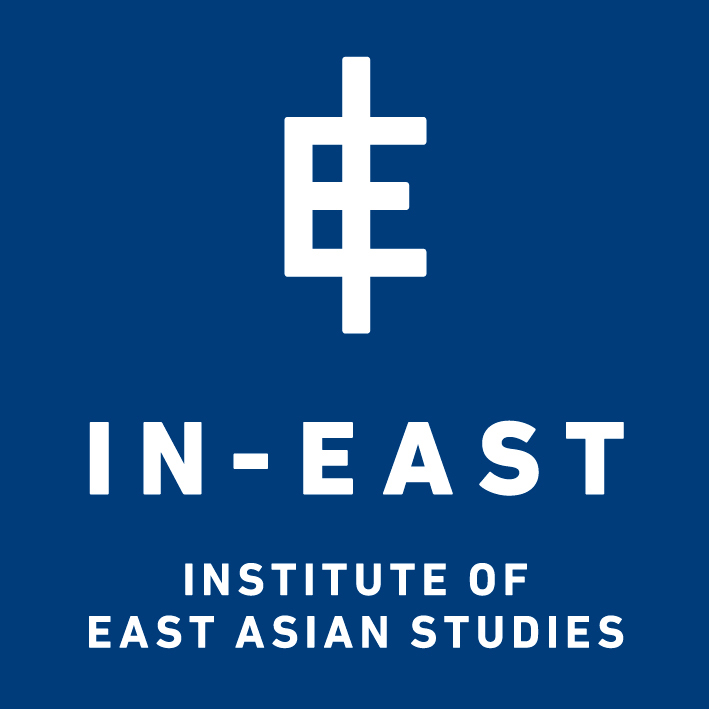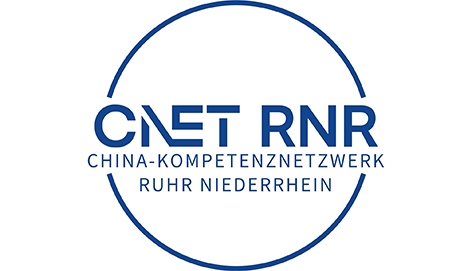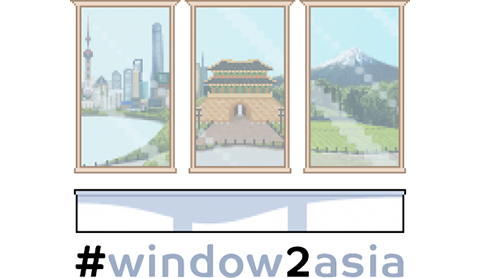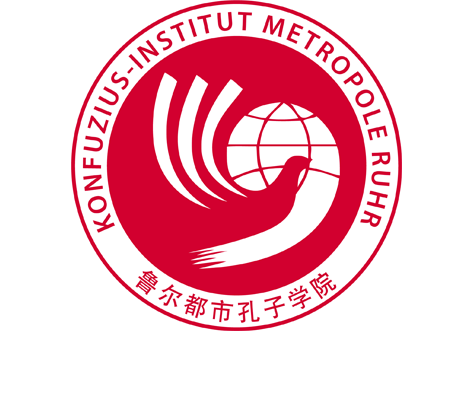IN-EAST News
31.05.2017 - 11:08
Research Forum Lecture by Dingxin Zhao
Confucian-Legalist State, and Patterns of Social Change | Wed. May 31st, 2017, 14 - 16 h | Room SG 183, Geibelstraße 41, Campus Duisburg
Abstract
This talk presents a general theory of social change that I have developed in my recent book entitled "Confucian-Legalist State: A Theory of Chinese History" published by the Oxford University Press. The theory is based on the premise that human nature has political, ideological, territorial and economic aspects, and humans compete for dominance and try to institutionalize the gains along these aspects. The bulk of the theory is to analyze how each of the four aspects of human nature has given rise to distinctive mechanisms and institutions shaping the contours of history. The empirical implications of the theory will be illustrated by the patterns of the world history, particularly the premodern history of China and Europe.
Biography
Dingxin Zhao is Max Palevsky Professor of Sociology at the University of Chicago and Qianren Jihuai Professor of Zhejiang University. He is also the director of the Center for Advanced Studies in Humanities and Social Sciences of Zhejiang University. His research covers the areas of historical sociology, social movements, nationalism, social change, and economic development. His interests also extend to sociological theory and methodology. Zhao has publications in journals such as American Journal of Sociology, American Sociological Review, Social Forces, Sociology, American Behavioral Scientist, Mobilization, Problems of Post-Communism and China Quarterly. He is the author Power of Tiananmen (2001) and the following four books in Chinese: Social and Political Movements (2006), Eastern Zhou Warfare and the Rise of the Confucian-Legalist State (2006), The Limit of Democracy (2012), and State and War: A Comparative Analysis of the Chinese and European Historical Development (2015).
Currently, Zhao is researching student nationalism and US-China relations. He has also started a project on historical sociology, which, based on a comparison with the European experiences, is intended to develop an empirically-grounded theory to explain the changes in state, military, economy and philosophy during China's Axial Age (722-221 BC), the unification of China under the Qin Empire (221-206 BC), and how the developments of this period shaped China's later history.











